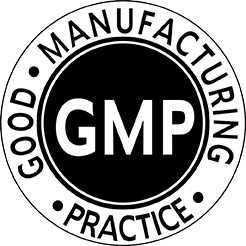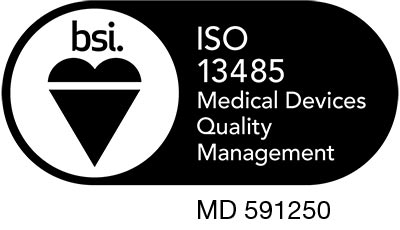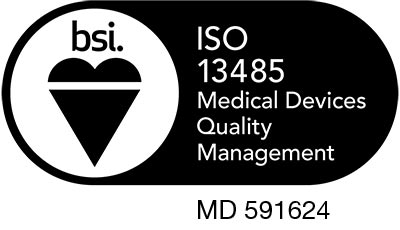Pericardium is a tough, double-layered membrane which covers the heart. Both bovine & porcine pericardium is harvested, cleaned, and processed as a biomaterial for use in several clinical applications.
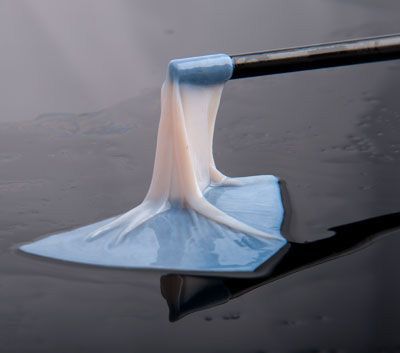
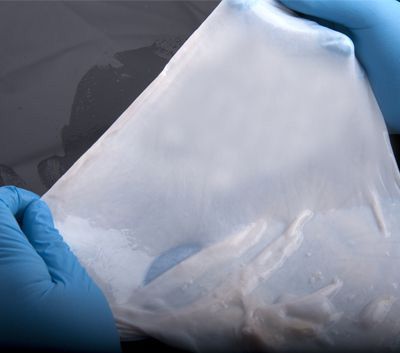
Principally composed of collagen, pericardium provides strength and elasticity. Bovine pericardium is used extensively in applications including bio-prosthetic heart valves, dural closure, bone and dental membranes, and surgical buttressing. Collagen Solutions offers a variety of tissue harvesting and selection options to meet manufacturer’s requirements.
Forms of Bovine Pericardium
- Minimally processed or crosslinked
- Multiple thicknesses and physical properties
- Frozen or fresh packaging
Features and Benefits of Bovine Pericardium
- Meets quality and compliance requirements for numerous applications
- Harvesting, selection and crosslinking procedures provide material ready for device manufacture
Applications
| Specialty | Example Products |
|---|---|
| Cardiovascular | |
| General & Gastroenterology surgery | Staple line reinforcement Hernia repair and hernia reinforcement |
| Women's health | Pelvic floor reconstruction |
| Dental | Dental membrane |
Staple Line Reinforcement
Surgeons performing bariatric stomach reductions staple a portion of the stomach shut. The staple line is a weak point and can bleed or leak, so they use decellularized ECM, such as pericardium, as a reinforcing material to strengthen the staple line prior to closure.
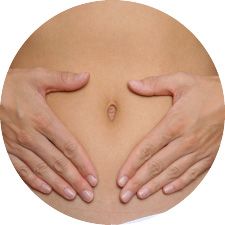 Hernia Repair and Hernia Reinforcement
Hernia Repair and Hernia Reinforcement
Repairing complex hernias in patients with severe obesity, diabetes, and exposed synthetic mesh can pose challenges for surgeons. Compromised circulation makes people vulnerable to postoperative infection and limits a full recovery without subsequent hernias. Selecting a biological graft that revascularizes quickly increases the chance of successful recovery. Decellularized ECM, such as pericardium, has a proven record of decreasing the risk of postoperative infection and assist in preventing hernia recurrence.
Pelvic Floor Reconstruction
Pelvic organ prolapse refers to loss of support of the anterior or posterior vaginal wall or the vaginal apex leading to protrusion into or out the vaginal canal of the bladder, rectum, small bowel, and uterus. Surgeons have recently begun to explore the use of decellularized ECM, such as pericardium, to replace weak tissues that permit prolapse.
 Heart Valves
Heart Valves
The benefits of tissue heart valves have led to wider adoption and technological advances of both surgical and transcatheter (TAVR/TAVI) heart valves composed of pericardium leaflets. Pericardium has the mechanical properties needed to achieve the best hemodynamics so patients do not have to undergo long-term blood thinner therapy. Neonatal bovine pericardium may have additional benefits for use as leaflets in percutaneous bioprosthetic heart valves because it is thinner and more elastic than the adult form. Collagen Solutions has been granted a patent for the preparation and use of neonatal pericardium for several applications.
Vascular Patches
Bovine pericardial patches have several advantages compared to prosthetic patches, including superior biocompatibility, easy handling, less suture line bleeding and possibly reduced rates of infection. These advantages of bovine pericardium have led to its common use during carotid endarterectomy.
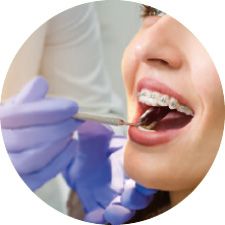 Dental Membranes
Dental Membranes
Dental membranes can be made from pericardium or other decellularized tissues. These devices are used in dental applications to guide soft tissue regeneration and inhibit the rapid regrowth of skin when implanting bone which takes longer to regenerate. Dental membranes are naturally absorbed by the body, so they do not require surgical removal. They also promote the attachment of new connective tissue and prevent blood loss by encouraging clotting.

